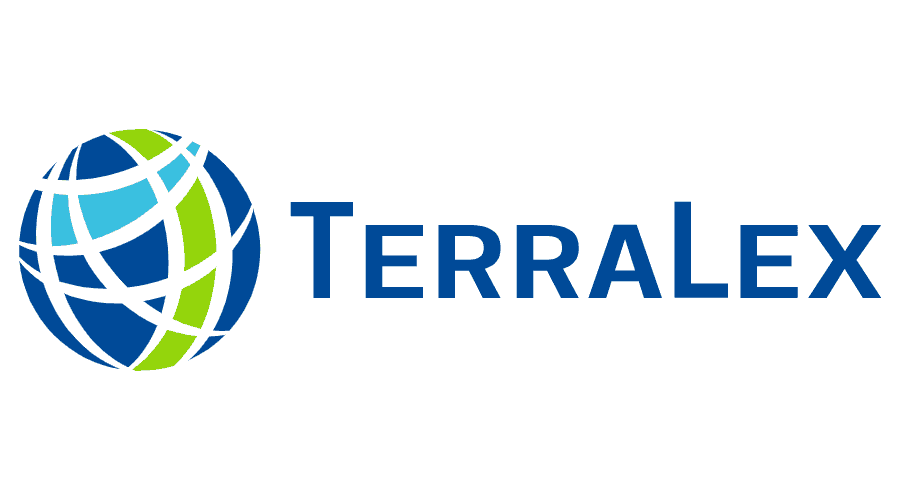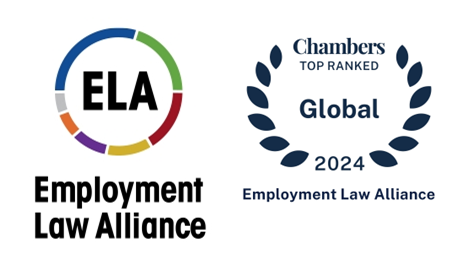Co-Founder / Chief Executive Partner
We resolve to undertake and unceasingly refine our legal professionalism with in-depth knowledge of technology
Professional Copyright Management and Dispute Resolution Services: Protecting Your Intellectual Property in the Digital Age. With the widespread use of the internet and advancements in digital technology, there have been significant changes in the forms, exercise, and protection of copyright. Since its establishment, our firm has focused on studying the impact of technological advancements on copyright protection. We possess extensive experience in assisting clients with various copyright issues, ranging from traditional works to those in the digital age. This includes helping many well-known artists, broadcasting, film, and media companies with the creation, licensing, and post-digitization protection of their copyrights. In addition, we also provide joint development, licensing, and dispute resolution services for software companies in the areas of information systems and software. Our firm is also the partner of Open Chain, an organization specializing in providing open-source software services in Taiwan. Experience and Achievements: Copyright Management: Music Industry: Represented several well-known singers in handling copyright protection a...
Our corporate mergers and acquisitions practice covers legal issues arising from transactions, mergers, and acquisitions between companies and organizations. We leverage our rich legal expertise background and extensive experience in handling regulatory issues encountered in merger and acquisition transactions to provide our clients with the most comprehensive and complete legal counseling services in any transaction. Our services include but are not limited to: Regulatory and Policy Advisory: Providing legal advice on the regulatory mechanisms for particular industries and assisting clients in working with local attorneys in understanding the laws of foreign jurisdictions in the case of a cross-border acquisition. M&A Planning and Strategy: Assisting clients in selecting acquisition targets, formulating merger and acquisition plans and recommending merger and acquisition strategies and methods. Legal Due Diligence: Conducting legal due diligence and collaborating with professionals in other fields, such as accountants and patent engineers, to provide clients with comprehensive analysis of the suitability of the acquisition...
Modern corporations encounter legal issues on an almost daily basis, ranging from industry compliance and operations risk management to corporate governance and right of management planning, among others. Lee, Tsai & Partners' corporate practice has extensive experience representing and assisting our clients in handling their corporate legal affairs in Taiwan and Mainland China. We are also experienced in helping clients establish compliant and efficient company standard operating procedures and corporate structures according to the different needs of the industry they are in. Our services include but are not limited to: Company and branch office establishment. Ensure that the board and shareholder meetings proceed in compliance with the law, including attending board and shareholder meetings on behalf of a company. Planning and protection of corporate management rights and dispute resolution. Legal advice with respect to commercial transactions and company operations. Establishment of a company’s management system and SOPs. Representative Cases Internal Control and Risk Management As...
Legislation in the biotech and pharmaceutical industry involves a balancing act between conflicting interests, such as technical breakthroughs, the protection of personal privacy, ethical restrictions, and public interest. In response to the rapidly changing industry models and regulatory advisory needs, Lee, Tsai & Partners has established a dedicated team whose responsibility is to continuously follow up on and research laws, policies and regulatory systems for the biotech and pharmaceutical industry to assist our clients in obtaining the latest legal information regarding biotech and pharmaceutical law and to provide them with comprehensive and integrated legal services. We aim to assist our clients in maintaining a leading position, ensuring regulatory compliance, and effectively managing legal risks in biotech and pharmaceutical industries. Our services include but are not limited to: Intellectual Property Planning and Management: Providing advice regarding the strategic planning and management of IP rights in relation to the biotech and pharmaceutical industry, including but not limited to obtaining patents and trademarks, IP licensing issues...
The onward march of the digital revolution has opened up a wide variety of new types of investments and transactions which have enabled FinTech to grow at an unprecedented pace. However, such growth has also brought a whole of legal challenges. At Lee, Tsai & Partners and its Innovation Law Lab, headed by co-founder Jaclyn Tsai (current chairperson of the Taiwan FinTech Association), our team of attorneys possesses a broad range of legal expertise backgrounds, including finance, intellectual property law, tax, privacy law, and cybersecurity. We aim to provide the legal services and risk management that all entities thinking about entering the FinTech sector would require, including but not limited to: Legal counseling and advice with respect to DeFi, GameFi, Metaverse, NFTs, blockchain technology, cryptocurrency, digital banks, third-party payment services, mobile wallets, e-commerce platforms, and others. Advocate for the development of virtual asset-related laws and policies, such as driving the establishment of self-regulatory frameworks, fostering international partnerships, and offering advice on fraud prev...
In the midst of fierce competition, disputes and conflicts between corporations are difficult to avoid. Lee, Tsai & Partners possess the expertise in domestic and international law to assist our clients in resolving disputes that they encounter. Our veteran team, which includes former judges and prosecutors, and current arbitrators, have a wealth of experience in accurately assessing the potential legal liabilities a client may face before they happen and the risk for disputes to arise. If litigation is necessary for a dispute, our team has sufficient experience in representing our client to in court and effectively assisting the client in finding the opportunity to resolve the dispute. Our services include but are not limited to: Providing advice to clients regarding impending or ongoing civil, criminal and administrative litigation as well as arbitration proceedings, including selection of expert witnesses, litigation and arbitration strategy planning, attending court or tribunal hearings, and participating in negotiations. Drafting memorandums analyzing liabilities and det...

